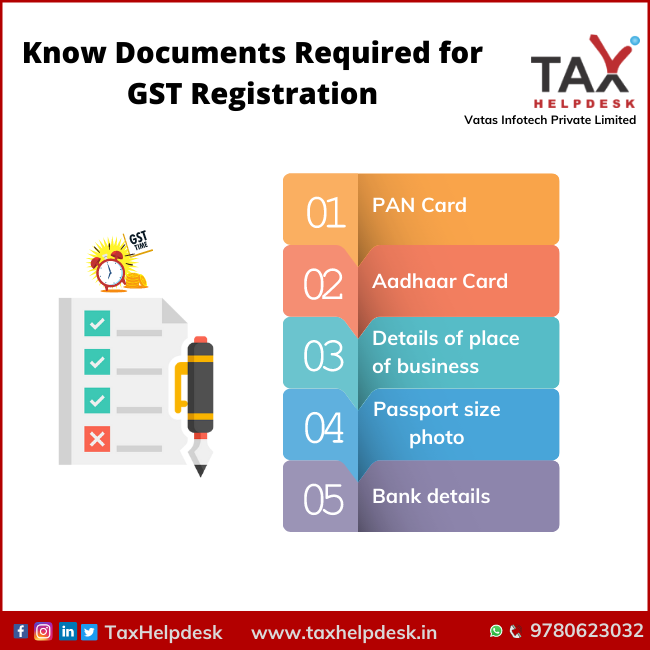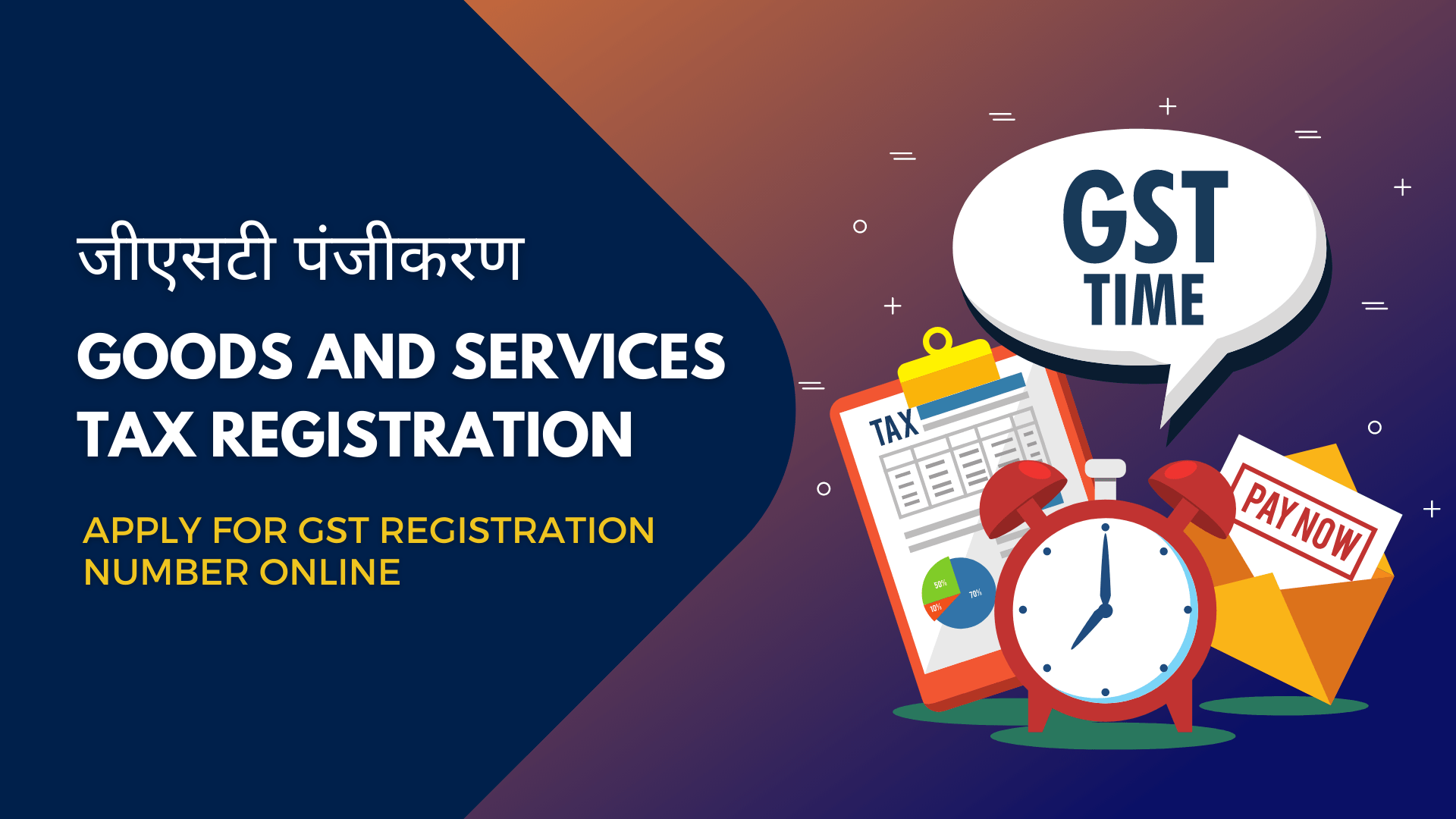Vital Guide to Singapore GST Registration for New Businesses
Vital Guide to Singapore GST Registration for New Businesses
Blog Article
The Ultimate Overview to Streamlining the GST Registration Process and Needs for Small Company Owners

Understanding GST Basics
To understand the fundamentals of the Goods and Services Tax Obligation (GST) system, small company proprietors need to initially comprehend its underlying principles and implications. GST is a value-added tax obligation imposed on a lot of products and services for residential intake. It intends to streamline the tax process by changing numerous indirect tax obligations imposed by the state and main federal governments. Under the GST program, services are required to gather and sign up tax on part of the federal government, making sure transparency and compliance.
One of the key principles of GST is input tax credit rating, which permits companies to assert credit scores for taxes paid on their acquisitions. This mechanism protects against the cascading result of taxes and advertises effectiveness in the tax obligation system. Furthermore, GST is a destination-based tax obligation, indicating that the tax obligation is levied at the factor of usage instead than the point of beginning. This makes certain fair circulation of tax income amongst states based on where the solutions or items are consumed. Comprehending these standard concepts is crucial for local business owners to navigate the complexities of the GST system and make certain compliance with the legislation.
Eligibility Requirements for Registration
Having developed a foundational understanding of GST concepts, tiny company proprietors should currently meet particular eligibility standards to proceed with the enrollment process (Singapore GST Registration). Services that were signed up under the previous tax routine (BARREL, service tax obligation, etc) are also mandated to register under GST. Farming businesses that only provide produce out of key production are exempt from GST enrollment.
Documents Required for GST Enrollment

Simplified Registration Refine Actions
Complying with the collection and verification of the requisite papers, the registration process for GST can be browsed with a series of streamlined steps made to facilitate reliable compliance for small organization owners. The very first step includes visiting the GST site and choosing the 'New Enrollment' option. Subsequently, the candidate should fill in Component A of the GST REG-01 form with information such as PAN, mobile number, and email address to get an OTP for verification. As soon as the OTP is gotten and gotten in, a Momentary Recommendation Number (TRN) is generated for additional proceedings. The following action requires filling in Component B of the form with needed company information, posting sustaining files, and finishing the verification procedure utilizing DSC or EVC. Finally, upon effective verification, an Application Referral Number (ARN) is issued, suggesting the conclusion of the GST enrollment procedure. By following these simplified steps, local business owners can successfully register for GST and ensure conformity with tax obligation laws.
Tips for Ensuring Compliance
To preserve regulative adherence and functional integrity, attentive oversight and aggressive steps are critical in making sure compliance with GST demands for tiny service owners. Local business owners have to stay upgraded with GST regulations, filing deadlines, and any changes in tax obligation prices to prevent charges and preserve a good standing with tax authorities. One important pointer for compliance is to keep accurate and thorough documents of all transactions, including expenditures, billings, and receipts associated to GST. Regularly integrating financial documents with GST try here returns can assist in identifying and fixing any kind of inconsistencies immediately. In addition, performing regular internal audits or looking for expert support can guarantee that business is adhering to all GST regulations appropriately. It is likewise vital for small company proprietors to purchase GST-compliant audit software program that can streamline the tax declaring process and minimize errors. Last but not least, participating in GST awareness workshops or training programs can improve understanding and compliance with GST guidelines, inevitably profiting the organization in the future.
Final Thought
In final thought, tiny service proprietors need to recognize the basics of GST, meet the eligibility criteria, gather needed documents, and adhere to the simplified enrollment process steps to guarantee compliance. By streamlining the GST enrollment process and needs, small company owners can avoid charges and operate their services efficiently within the legal structure - Singapore GST Registration. It is crucial for small company owners to stay educated and certified with GST laws to maintain an effective company procedure
Little service proprietors looking for GST enrollment need to guarantee they gather and submit the required files to complete the registration procedure successfully. The records needed for GST registration normally consist of evidence of business enrollment or unification, PAN (Permanent Account Number) card of the company address, identity and entity evidence of the promoters/partners/directors, photographs, address proof of the location of business, bank account statements or canceled cheques, and authorization kinds. Attending GST recognition workshops or training programs can boost understanding and conformity with GST guidelines, ultimately profiting the service in the lengthy run.
By simplifying the GST enrollment process and needs, little service proprietors can stay clear of charges and operate their organizations my sources smoothly within the lawful structure. more information It is vital for little business owners to remain certified and informed with GST regulations to preserve an effective company procedure.
Report this page